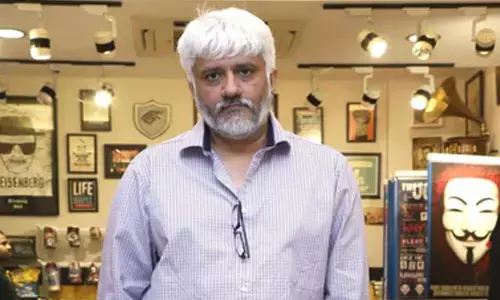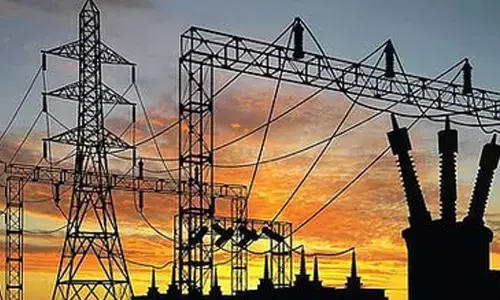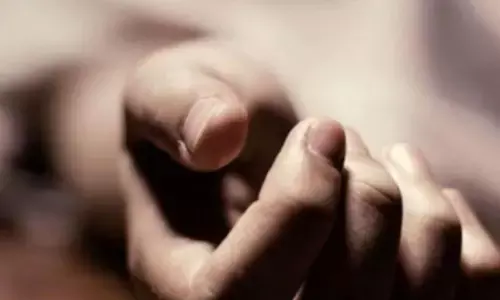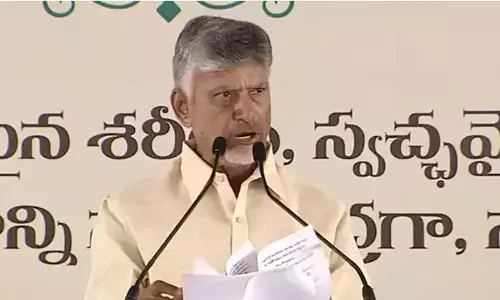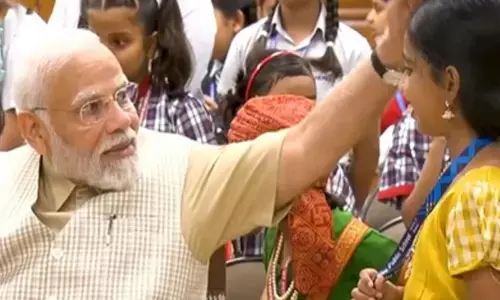SC hears the electoral bond case for the second day
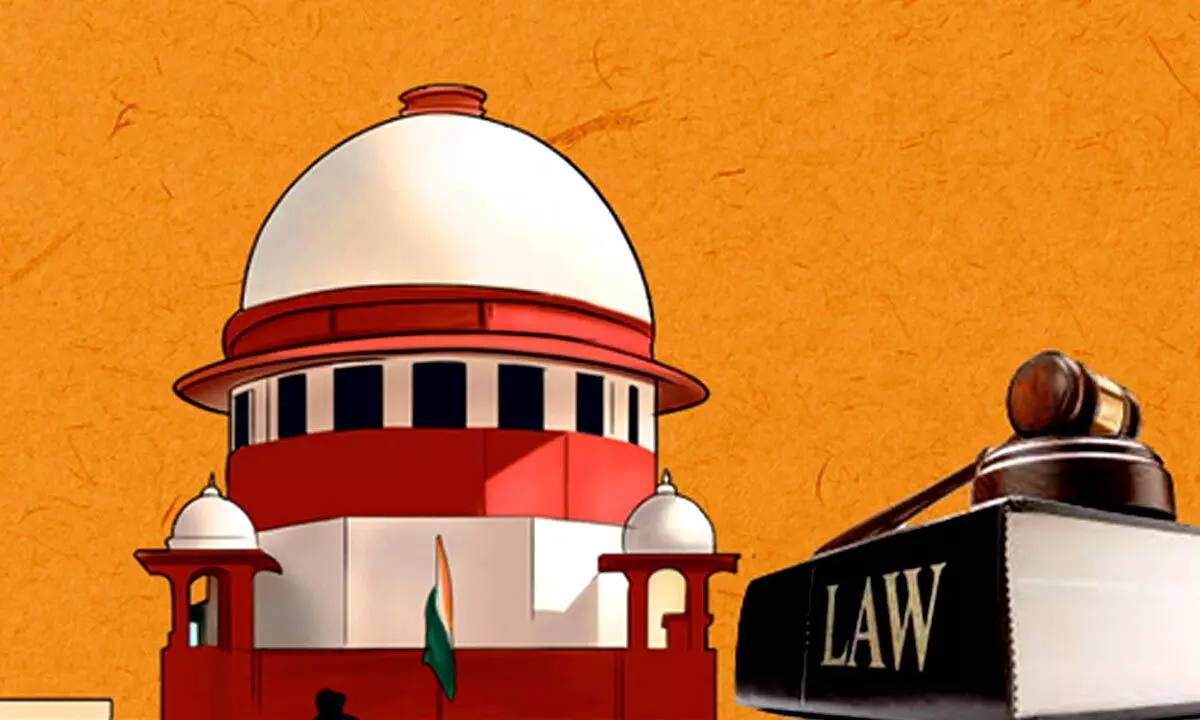
The second day of proceedings in the electoral bond case took place on Wednesday. During this period, Solicitor General Tushar Mehta represented the Central Government in court and defended the electoral bonds.
New Delhi: The second day of proceedings in the electoral bond case took place on Wednesday. During this period, Solicitor General Tushar Mehta represented the Central Government in court and defended the electoral bonds.
According to the Solicitor General, electoral bonds have improved transparency in the political donation process. Previously, donations were made in cash. He said that the system of confidentiality has been kept in the interest of the donors.
Furthermore, the Solicitor General stated that persons who donate to a political party seek confidentiality so that the other party does not hold hard feelings toward them. The ruling party getting more money is not a new phenomenon, because the same thing happened between 2004 and 2014. The hearing will continue tomorrow, Thursday, November 2.
In fact, the Constitution bench of five judges in the Supreme Court started hearing on Tuesday (October 31) on the petitions challenging the electoral bond scheme related to political funding. A day before this, Attorney General R. Venkataramani filed his reply in the Supreme Court. In this, he said that it is not the fundamental right of the citizens to get information about the donations received by any political party. The Supreme Court had asked Venkataramani to give his opinion on the matter.
Prashant Bhushan, representing ADR, said in court on Tuesday that electoral bonds are detrimental for democracy as it is unclear how much a party has received in donations.
Until 2021–22, all political parties collected a cumulative gift of Rs 9,188 crore via electoral bonds, according to the Association for Democratic Reforms (ADR). The BJP received more than 57 percent of the donations, while the Congress received barely 10 percent.








